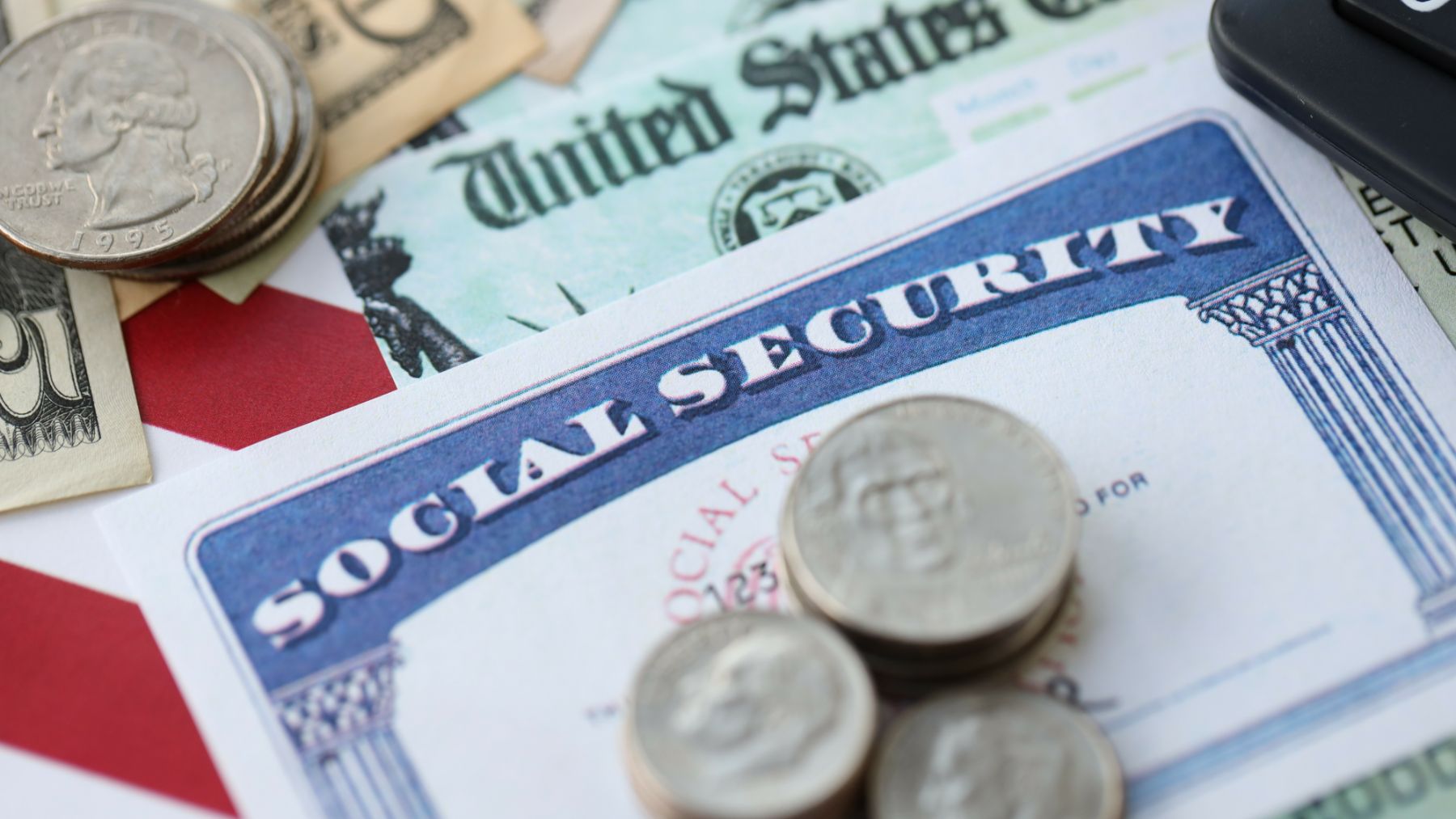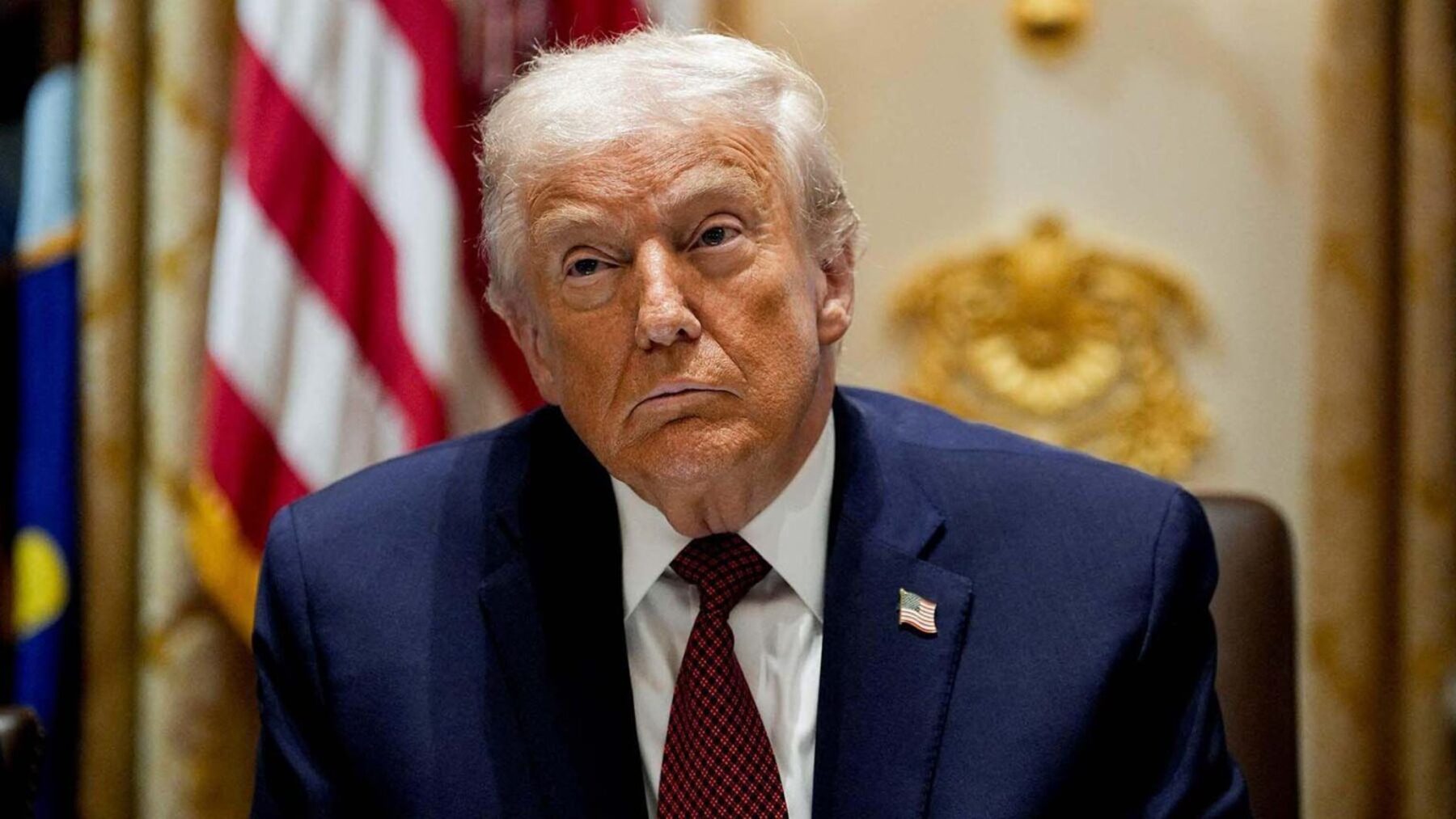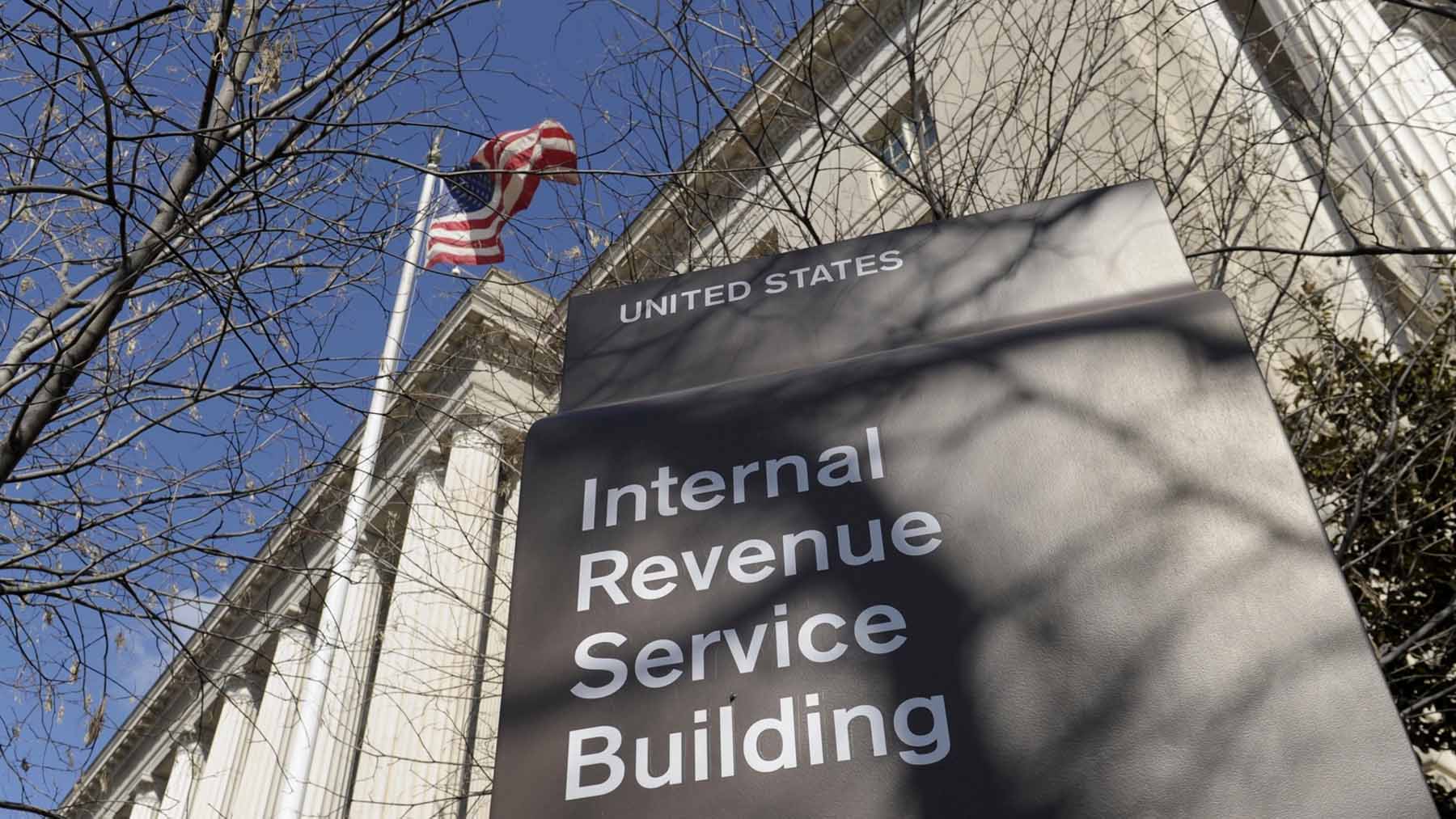The tariff reciprocity of Donald Trump’s policies are worrying Senior Citizens League (TSCL), as they expose that the age and economy of those reaching retirement in the United States will be affected. Shannon Benton, alumna of Georgetown University, warns that due to the new legislation related to tariffs on generic drugs, for example, one of those affected would be those who need Medicare. In the same vein, it should be noted that the Social Security Administration (SSA) modified the Cost of Living Adjustment for next year to readjust to the economic situation.
“Researchers are warning about the impact President Donald Trump’s sweeping tariffs”
Though the senior rights organization, The Senior Citizens League (SCL), dropped their forecast for the 2026 Social Security Cost of living adjustment (COLA) this month, researchers are warning about the effect President Donald Trump’s sweeping tariffs could have on the financial well-being of older Americans.
The COLA is firmed by the Social Security Administration using consumer price data, and with ordinary prices falling in the index used by the agency, the 2026 benefit increase was decreased to 2.3 percent.
However, noting the devastating effect of the announcement that punitive reciprocal tariffs would be imposed on some of the country’s huge trading partners, the stock market suffered. The reductions put dents in the retirement and savings accounts of workers and retirees, generating a great sense of fear for those who are inching closer to retirement or have already exited the workforce.
Pharma tariffs could hurt seniors, who are more likely to take medication
The White House’s pause on the implementation of reciprocal tariffs, which shortened the import duty to 10 percent for most countries as well as the ejection of electronics from China (those goods are only being taxed at 20 percent upon import), have provided investors and traders with some relief.
However, the economic uncertainty generated by President Trump’s plan led the Senior Citizens League to call on the White House “to provide exemptions on critical products for seniors,” taking into account “drugs, medical equipment, and essential food items could soften the blow for seniors,” if prices do begin to increase.
These actions are essential, explained TSCL’s Executive Director Shannon Benton, indications that “broad-based tariffs,” like those imposed by the White House, “could have a profoundly negative impact on the daily lives of seniors, including the costs of drugs and medical equipment that many seniors rely on.” Since many seniors live on a fixed income, their purchasing power can be badly damaged by the time prices increase rapidly in the market, as they did in 2022.
Tariffs impose on pharmasuitcal products
President confirmed to the press that he is at this moment planning to charge tariffs on pharmasuitcal products, which could increase prices for seniors. ING, the Dutch banking giant, approximated that even on generics, a 25 percent tariff increases per year spending on prescription drugs by $42.
UBS analysts cited a “significant negative impact” on margins, where goods are manufactured outside of the U.S. In the meantime, the hit for patients could be “disastrous,” Afsaneh Beschloss, founder and CEO of investment firm RockCreek Group explained Tuesday, in reference to an predicted 100% levy.
“That would be potentially disastrous for every person because we need those pharmaceuticals, and it takes those companies a long time to produce them here in the U.S.,” Beschloss told CNBC’s “Closing Bell.”
Delay brings little relief
Pharmaceutical products have usually been excluded from trade tariffs due to their critical characteristics. Nevertheless, Trump has repeatedly targeted the industry for what he deems not fair pricing practices, and has urged firms to reshore manufacturing to the U.S.
UBS dubbed the administration’s tariff grace period of 12 to 18 months as “insufficient time” for firms to relocate their manufacturing stateside. “We would usually think of 4 to 5 years as the timeline to move commercial scale manufacturing to a new site”.
The industry is at this moment expecting more details at the end of this month, when the final Section 232 investigation report is purpose. But in the meantime, firms have little optionbut to plan for several potential outcomes.









